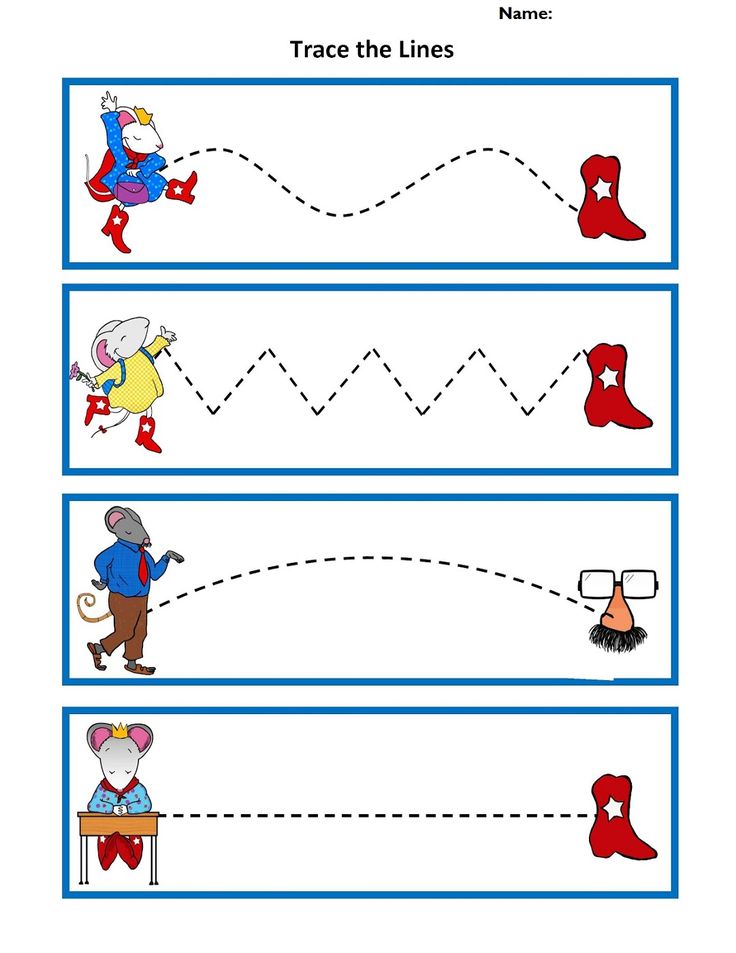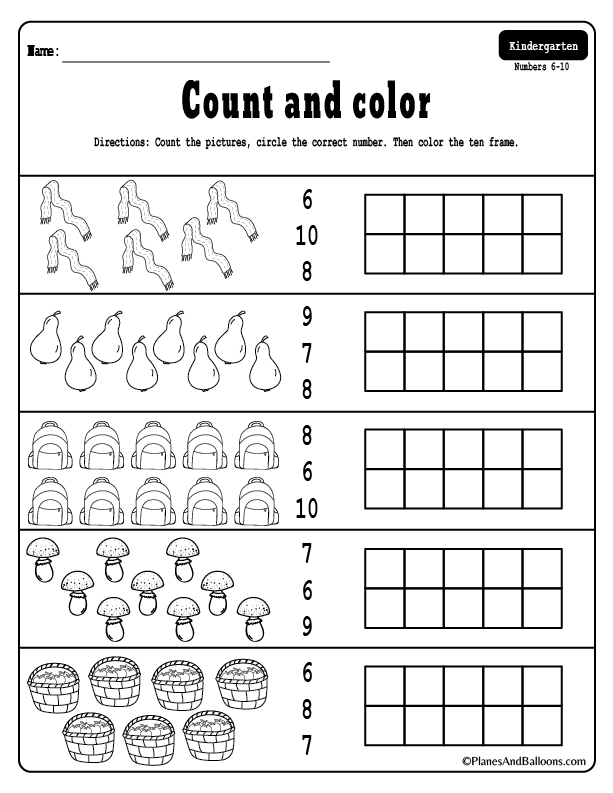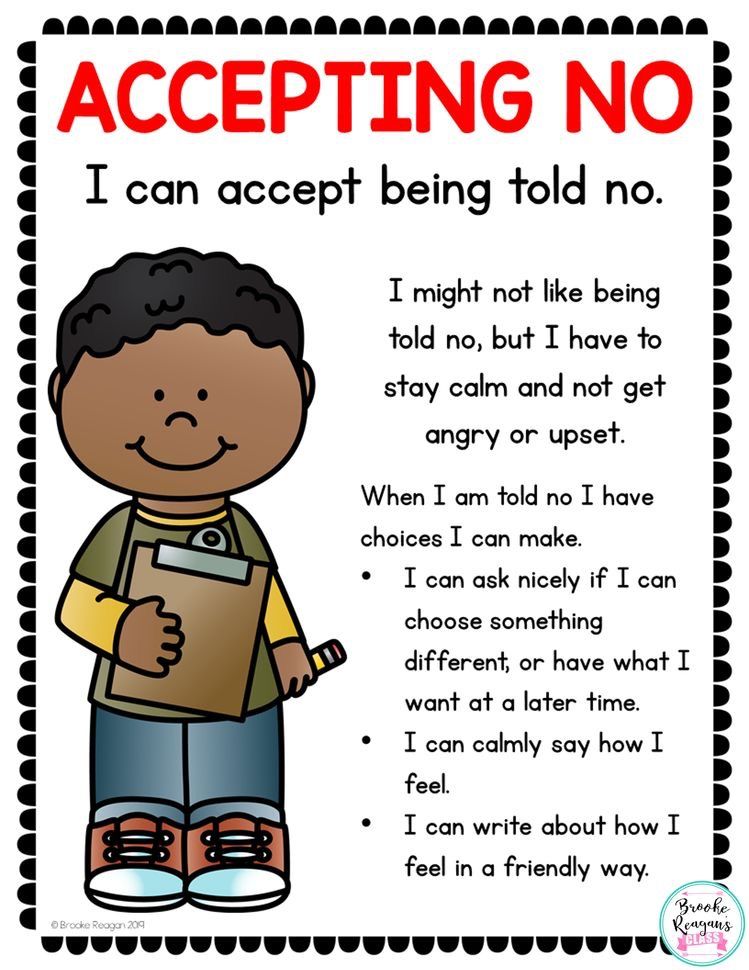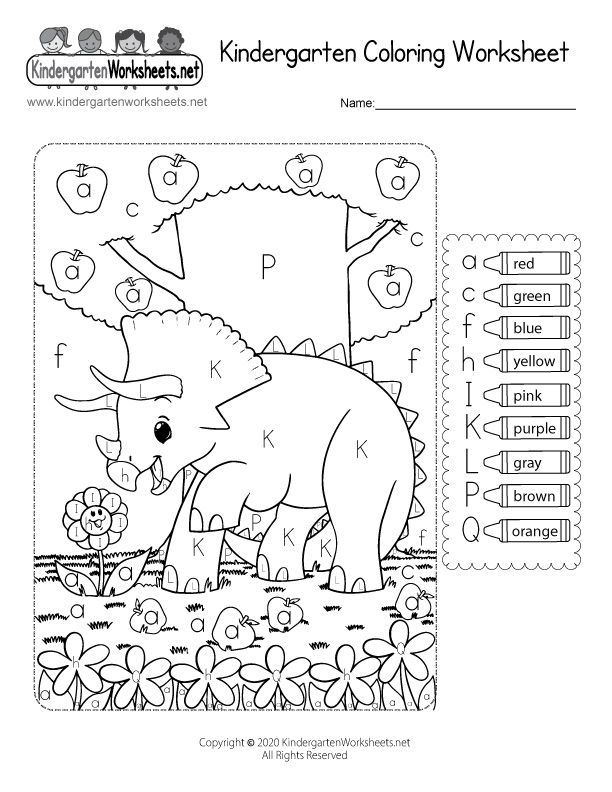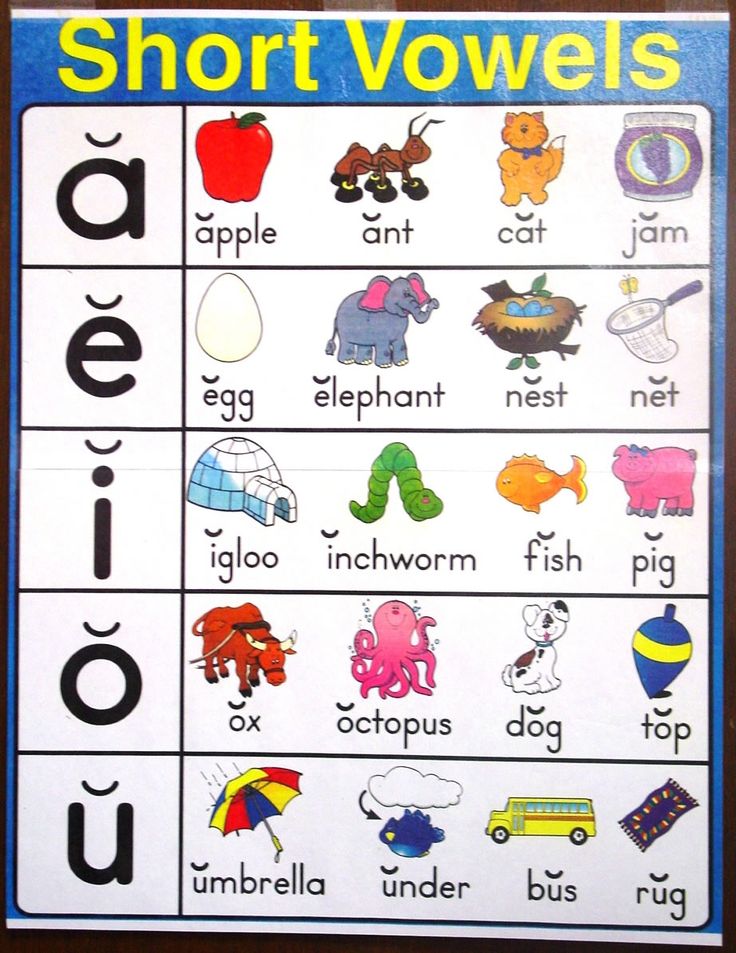Things to learn over summer
Summer – A Time to Learn New Skills
The summer holidays provide time to have fun and take a break from the daily routine of school. However, research has shown that most students have a learning loss over the summer and that it can take up to two months to catch up when they get back to school. Children with special needs face additional challenges and the loss of learning can be even greater. Including fun learning activities in the summer will help children to maintain and boost their learning. In addition, everything is a bit slower in the summer and there is more time to learn new skills and build your child’s independence.
Summer learning can include important academic skills such as reading, writing and math, and is also an opportunity to work on communication skills, independence, responsibility and self advocacy.
Reading and Writing
Many of us have the time to catch up on our reading during the summer. Lounging in a chair at the beach or in the backyard with a good book is one of the pleasures of summer. Many children and youth also spend lots of times reading over the summer. However, other children, especially those that struggle with reading want to avoid reading and have no interest in books. Parents may have to “sneak” reading activities into the daily activities.
- Giving a child a graphic novels or magazines can be more appealing as there is less reading required and the topic may be of greater interest to the child.
- Actively support your child’s reading by taking turns to read, or talking about the story.
Research in promotion of boys’ literacy has found that boys may be more willing to read instruction manuals, sports stories, non-fiction, joke books or research on the internet.
In addition to helping the child select the reading material, the parent can boost literacy skills by monitoring their comprehension.
- Ask questions and have the child describe what they are reading in their own words.
- Stop reading and ask the child to predict what will happen next, or how the character might be feeling.
- Discuss new words or topic specific vocabulary to identify the meaning of the words, or look them up in the dictionary.
- Making sure the child understands what they are reading will boost their literacy skills.
There are many fun activities that can be used to boost literacy.
- Going to the library provides lots of choices in reading materials.
- Attending library activities for children that bring in guests, such as clowns or authors, to focus on particular books or genres.
- Join a library reading reward program or contest for the most books read over the summer.
- Offer rewards for reading at home or organize a contest with other children.

Cooking is a great activity to work on literacy, math and teamwork skills.
- Reading a recipe
- Finding and measuring the ingredients
- Following the cooking directions will all require literacy and math skills
Playing word games, such as I-Spy, rhyming games, songs with repetitive refrains, or spelling contests all help to build oral language skills that support literacy.
The computer can also be a good source of games that promote language skills, and there are many downloadable APPs and games that will help your child maintain and boost reading skills.
During the summer there are less opportunities for children to write and practice their handwriting or develop their creative writing skills.
- Encourage your child to write a story or make a book.
- Keeping a journal, or writing a blog, describing their summer activities or their special interest.

- Creating a scrapbook with event tickets, maps and other items to show what they did over the summer
- Writing a newsletter with short stories about family activities to share with relatives nd friends
- Use everyday activities to write words and practice spelling, including:
- Making shopping lists
- Copying recipes to share,
- Taking a phone message, or
- Using a calendar to record appointments or special outings.
A computer or a cell phone can also be used for many of these activities.
Math
Test score results for students in Ontario have shown that many children are struggling in math. Math scores from the Education Quality and Accountability Office testing of students in Grade 3, 6 and 9 are not improving and there is serious concern about the math skills of children and youth.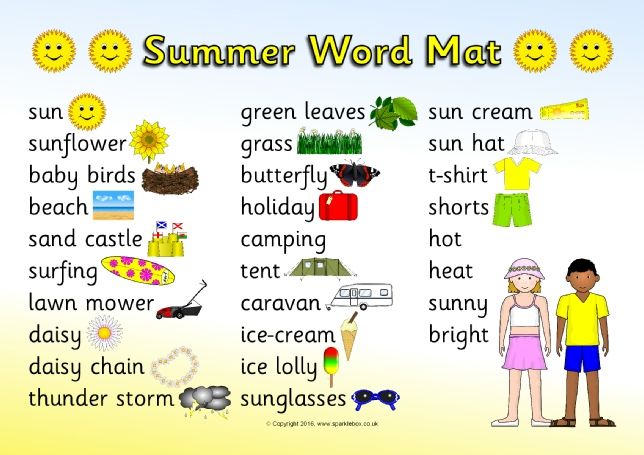 In addition, research has shown that math skills decline over the summer break.
In addition, research has shown that math skills decline over the summer break.
For students with special needs it is important that there are lots of opportunities over the summer to practice and use their math skills. One of the easiest and fun ways to include math at home is by playing games.
- Play board games that require counting skills, matching skills or simple calculations.
- Popular games include Snakes and Ladders, Bingo, Connect Four and Monopoly all require counting, number recognition or adding.
- Improve fine motor skills by playing games with small and large pieces.
- Change the game format to suit the child. For example, Snakes and Ladders can be played on large floor mats, with a three dimensional board or on the computer.
Cooking together to make supper or bake a special treat requires math skills including measuring, counting, timing and calculations for doubling or halving recipes.
For the sports fan, statistics are an important part of the game. Children can be involved in the record keeping, counting shots, strikes, goals or hits. The serious sports fanatic may follow their favourite player over the season and track their performance against league record holders.
Money skills are an important for children and you can provide lots of opportunities for handling money and making change when out shopping or in a restaurant.
- Ordering and paying for their own ice cream provides practice at talking to store staff, paying cash and checking the change.
- Eating out at a restaurant can provide an opportunity to work with a budget to work out what they can afford to eat.
- Having a lemonade stands provides lots of math opportunities:
- Measuring ingredients as they make the lemonade
- Counting the supplies such as cups
- Handling money to make change and counting the profit.
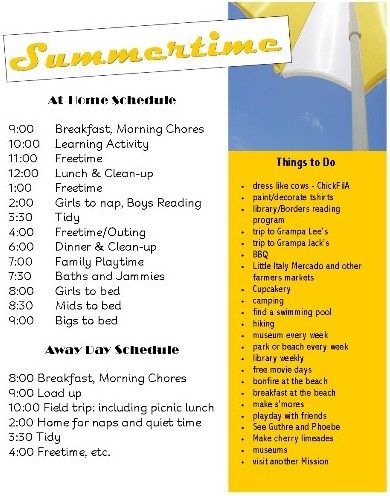
Older children may like to organize a small fund raiser, like a garage sale or muffin morning, to make money they can donate to a favourite charity.
Communication
Some children with special needs have difficulty with communication. They may have difficulty projecting their voice, or take a long time to complete their words and sentences. A few may require Augmentative or Alternative Communication (AAC) devices. Summer, and the slower pace, provides many opportunities to practice communication skills or to try communicating in new situations. Many AAC users are reluctant to use their devices in public and rely on family members or other people to speak for them.
- Help your child become more independent in their communication by changing your response, and those of family and friends, to allow the child more time to communicate and delaying your help.
The child also needs opportunities to practice communicating with other people. Daily life provides lots of opportunities including:
Daily life provides lots of opportunities including:
- Ordering in restaurants
- Making purchases in stores
- Calling or texting friends and family.
Providing the opportunities, and encouraging communication, will lead to improvements and increased self confidence.
Independence and Responsibility
One of the primary goals of parents is to raise children to be independent adults. For children with special needs there may be additional challenges or limitations on independence, but each person needs to be as independent as possible. The process of developing independence takes many years and starts with small steps.
Over the summer consider one or two areas where your child can become more independent. Start by thinking about the things you do for your child and consider whether it is something they could do for themselves.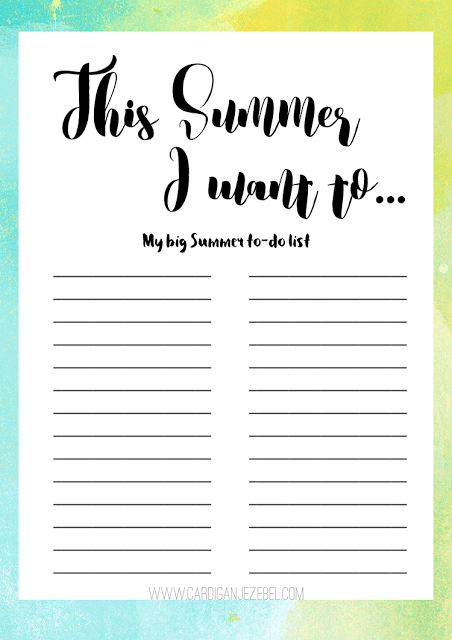
- Increase their responsibility for dressing or bathroom activities
- Asking your child to help more with meal preparation, make their own breakfast or lay the table
- Including your child in household chores like cleaning and laundry
- Having your child more involved in planning activities by looking up events on the computer to find out about opening hours, costs and directions.
- Start using the bus and encourage your child to be more involved in buying tickets, or planning routes.
Personal safety and safety in the home are important skills to develop.
- Develop a plan of what the child will do in different situations and then provide the opportunity to practice.
- Help the child to learn their address or important phone numbers
- Practice what to do if there is a knock at the door, an alarm goes off or if the power goes out.

Many people with disabilities need people to help them with activities of daily living. They need to learn to direct someone to do things for them. Directing a support worker requires a lot of skill. Asking for help and explaining how to provide the help takes lots of practice. If your child has a support worker, consider how the child or teen can become more involved in planning activities, or directing their care.
Self Advocacy:
As the parent of a child with special needs we begin advocating for their needs soon after they are born or diagnosed. Over the years we become very knowledgeable about our child and what they need to be successful. We also learn about the health care and education system and about our rights in advocating for accessibility, equipment and support services.
Many of our children will need these same skills as adults. One of our jobs is to teach them how to advocate for themselves and allow them lots of opportunities to practice their skills.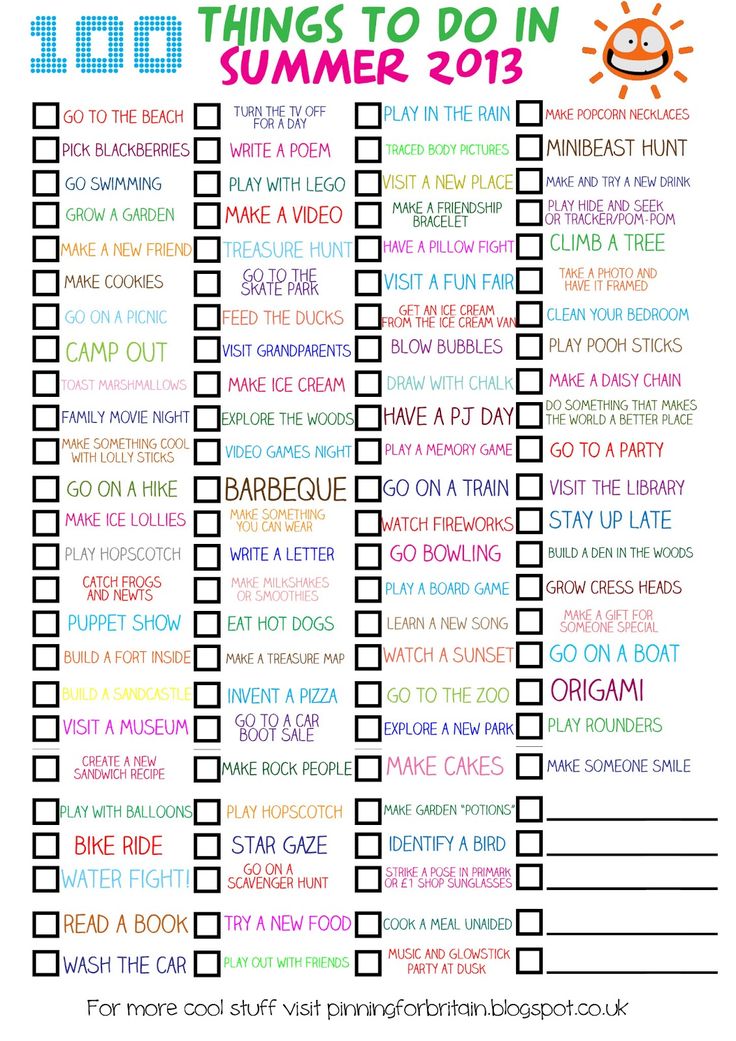 During the summer there is more time to work on self advocacy and use the skills in the community.
During the summer there is more time to work on self advocacy and use the skills in the community.
- Help the child or youth to understand their disability and needs
- Let them practice sharing personal information with a friend or family member about their own disability and their needs.
- At sport activities or a medical appointment, encourage the child or youth talk about their condition and their needs.
The more times they share information about themselves the more comfortable they will become at sharing the information.
Accessibility
Accessibility is a major concern to people who use wheelchairs, or other mobility equipment, or who have difficulty with walking. When you are planning an outing to a new location or event, involve your child in finding out about site accessibility.
- Ask the child to call the local pool, to find out what features the pool has for accessibility, including power doors, graduated entry or lifts.
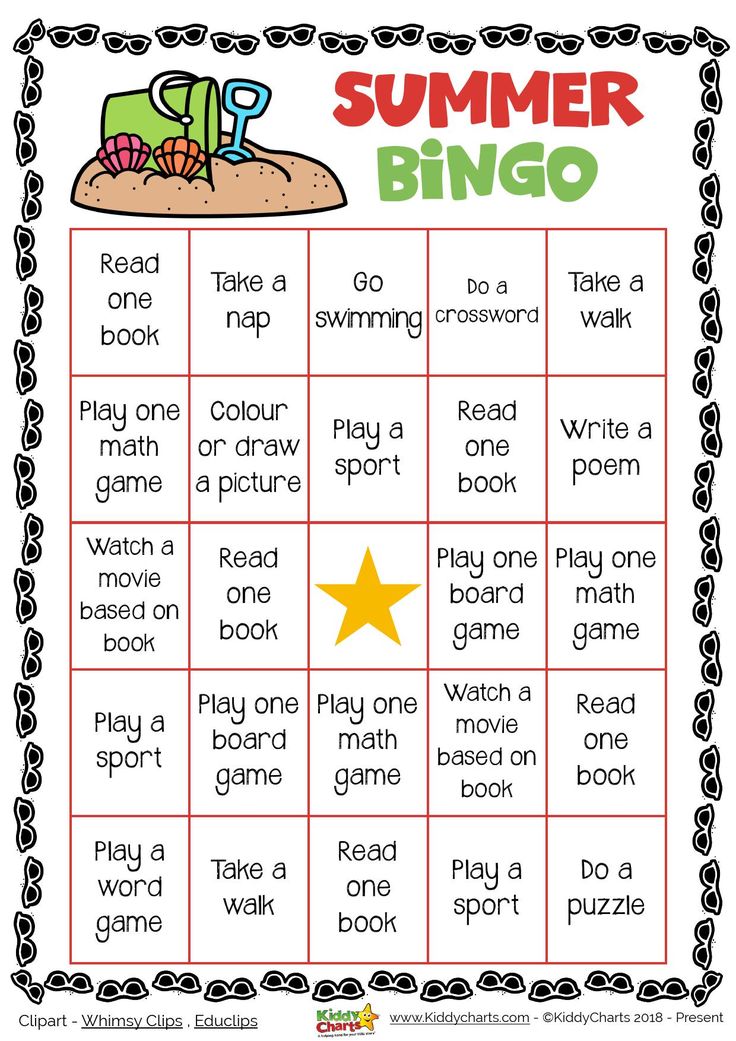
- Encourage the child to do the research on-line many public facilities provide details of their accessibility, or photographs on their websites.
Your child may be prevented from taking part in an activity or attending a site because of an accessibility barrier.
- Talk to your child about how the situation could be fixed.
- Help them make a list of possible solutions.
- Looking at each solution help them identify who they need to talk to about the problem and the potential solution.
- Encourage the child to develop a plan and practice what they need to say or do to advocate for change.
Allow your child to take the lead and make a phone call or write a letter about their concern. They could also find out if they know anyone else who will be affected by the accessibility barrier and work with another person or small group to take their concern forward.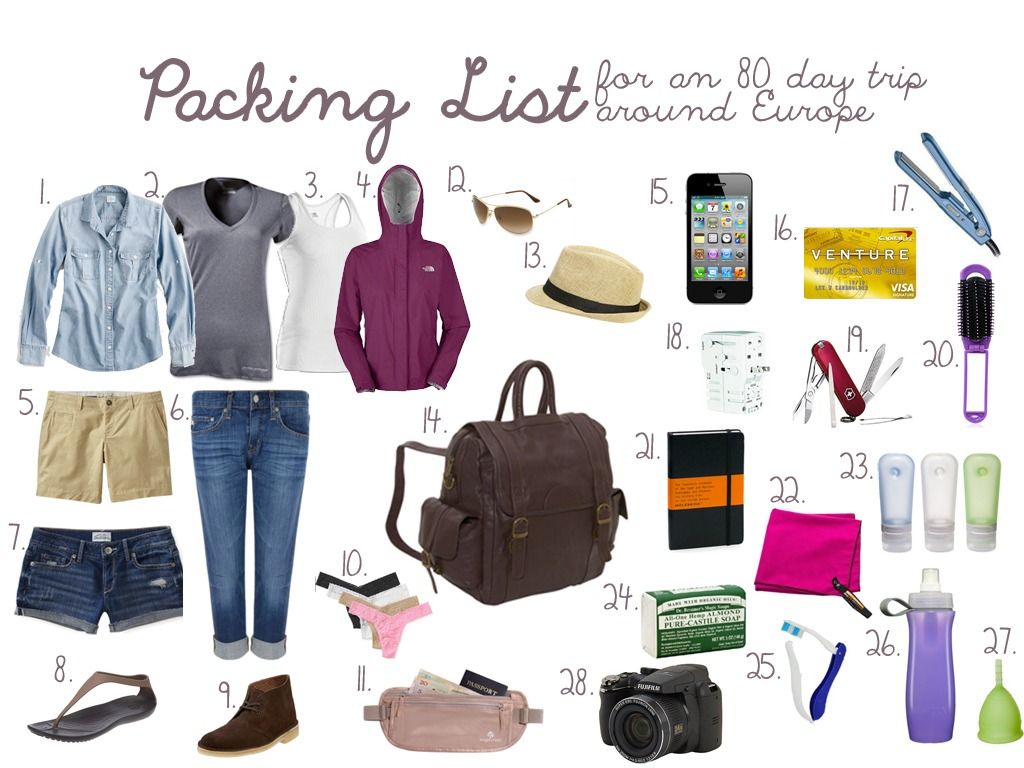 Not every situation will get resolved quickly but each time your child advocates for themselves their skills and self confidence will improve.
Not every situation will get resolved quickly but each time your child advocates for themselves their skills and self confidence will improve.
Summer Success
Summer is a time for fun and relaxation, but with a little effort it can also be a great time for building academic skills, learning to be independent and responsible, and developing self advocacy skills.
Resources:
- ConnectABILITY a website with resources for individuals with developmental disabilities, and other special needs, that includes:
-
- Visual Engine, for using pictures to create visual schedules or stories
- Workshops on Math, Money and customer Service Skills
- Communication
- Communicating for Fun Calendars, Parent and Child Activity Calendars
- Everyday Opportunities to Develop Communication Skills
- Supporting Children in their Steps to Independence
- APPS for people with special needs
Find the website at http://www.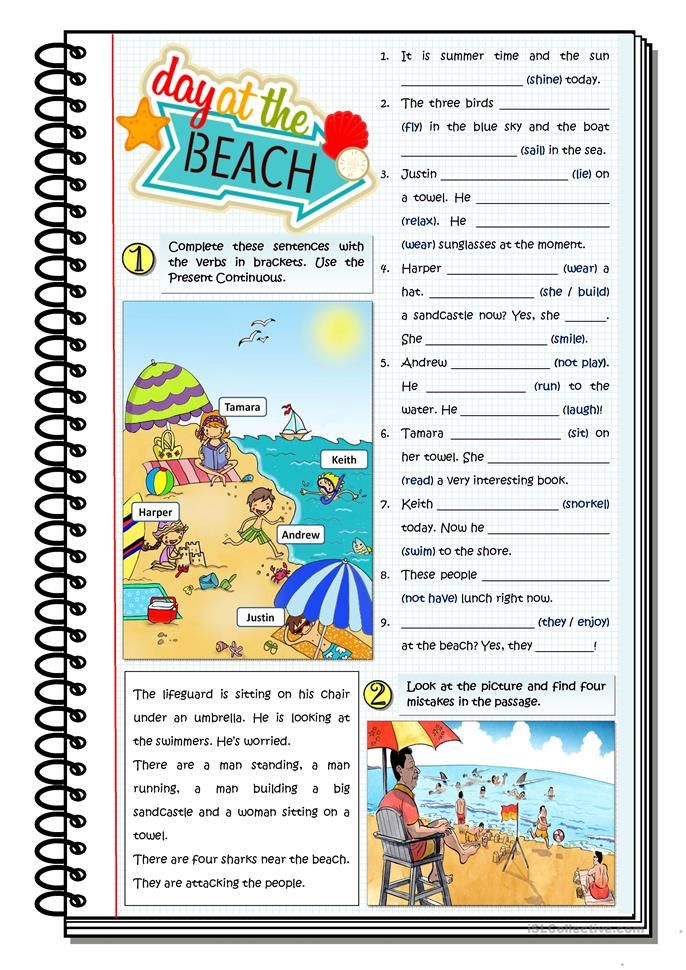 connectability.ca
connectability.ca
- Easter Seals Kids at School
- Summer Play Boosts Learning
- Transition Tip Sheets for Parents: Developing Self Advocacy Skills
- Ministry of Education:
- Me Read. No Way! A practical Guide to Improving Boy’s Literacy Skills
- National Summer Learning Association has lots of summer activities to promote learning, as well as summaries of related research.
10 New Skills You Can Master by the End of Summer
Is there something you've always wanted to learn? Maybe you dream of speaking French fluently after watching "Amelie" or you promised yourself you'd try drywall repair after a bad case of water damage a few years back. It's time to start ticking these to-do lists off!
Sure, summer is a time to relax and lounge by the pool, but it's also the best time to pursue new interests, whether you're looking to tap into your creative side or learn a language from another country.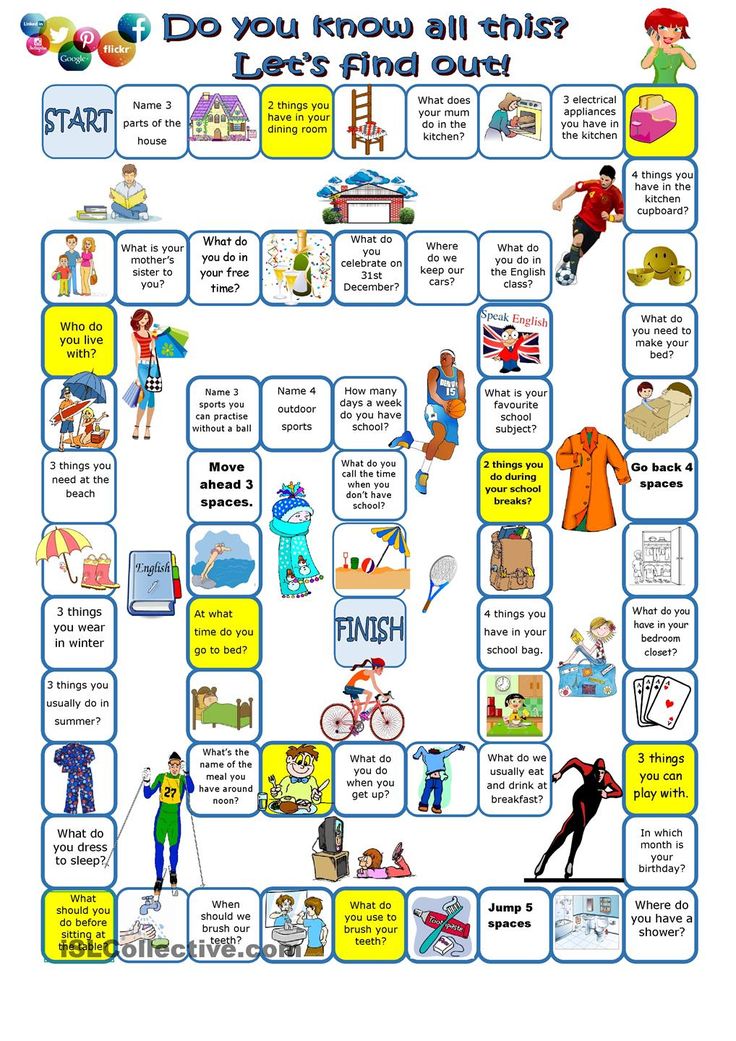 Plus, it's a good idea to find something to occupy your time since travel is quite limited in the wake of the coronavirus pandemic.
Plus, it's a good idea to find something to occupy your time since travel is quite limited in the wake of the coronavirus pandemic.
Photography
Photography is a beginner-friendly hobby, an art form that anyone who has access to a camera can learn. Whether you are planning to kick off a new side gig for the summer or simply looking to spark your creative energy, knowing how to be behind the lens is a fun and rewarding experience. Plus, it's a great way to take your Instagram game to the next level! Family and friends are also sure to appreciate your efforts to snap their adventures and document vacations.
Starting a journey with your DSLR or a mirrorless camera is easy with unlimited resources on the Internet, like summer classes with working photographers like Annie Leibovitz on MasterClass. In fact, even a camera phone could work. There are specific courses targeted towards people who prefer a handy mobile rather than a bulky camera. Then, it's just a matter of practice, practice, practice!
Speed Reading
Nearly every person in the world can benefit from speed reading.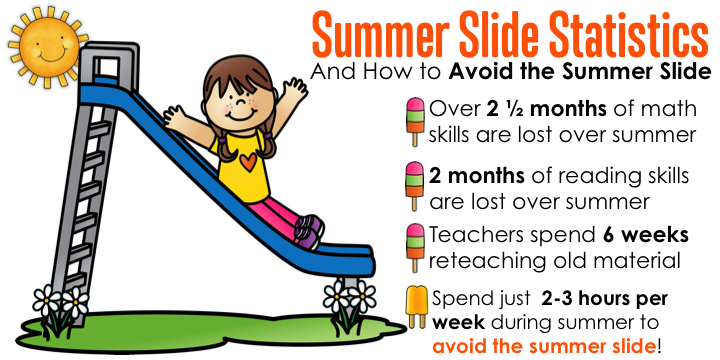 Students can finish required readings they often struggle with, while employees can research and review reports in a fraction of the time. Book lovers can finally find the time for all the literature sitting on their bookshelves.
Students can finish required readings they often struggle with, while employees can research and review reports in a fraction of the time. Book lovers can finally find the time for all the literature sitting on their bookshelves.
The skill is basically all about becoming a more efficient reader. In doing so, you not only get through text faster but also understand and retain the content better. By learning this skill, you can crack open a heavy textbook or a long report for the office—and get through it in half of the time it would normally take you. Imagine how much more you can accomplish with your extra time!
Musical Instrument
It might be years since you've had rock star dreams, but these dreams aren't quite out of reach, yet. Summer is a great time to reconnect with your love for music by picking up that instrument you've always wanted to learn. A lot of people reach for a guitar or ukulele, while others try their hand at the piano. Learn from world-famous musicians, such as Carlos Santana and Herbie Hancock.
No matter what instrument you choose, master a couple of the most basic chords first. It's not a must for you to learn and memorize everything in the chord book before attempting to play a tune. In most cases, being familiar with three or four of the most commonly used chords will already allow you to play some of the most popular songs in the world! Surprise family and friends in your next get-together—whether face-to-face or virtual—with your new prowess.
Speak in a Foreign Language
Few things are more intoxicating than hearing someone speak French or Italian. There's just something exotic and worldly about people who are fluent in a second language. Isn't it easy to picture these bilingual folks flying to Europe to meet and converse with beautiful, interesting people?
Here's the thing: it's not impossible to learn a new language. There are challenges, of course, but with a good instructor, focus, and a lot of practice, you can get the hang of the basics of another language over the summer break.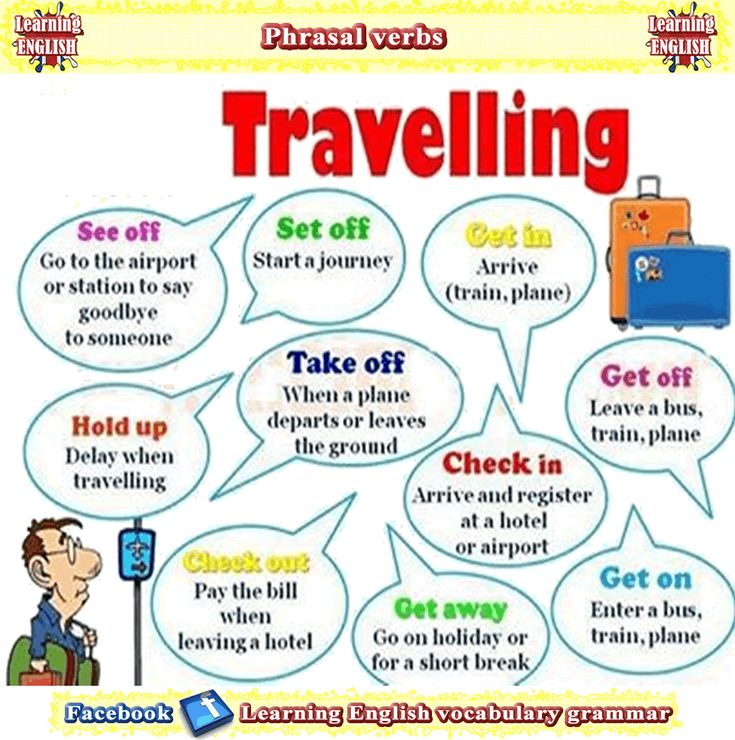
Online learning makes it easy to sit in language lessons without ever leaving the house. One great option is Fluent City, which offers group and private conversation-based classes on Spanish, French, Italian, Arabic, Portuguese, German, Chinese, Japanese, Russian, and Hebrew. Pretty soon, you'll be saying "Où sont des toilettes?" like a native!
Speaking a second language not only helps you gain a better appreciation of other cultures, but it also allows you to engage with these cultures and the people much more deeply when you travel. It can also help in career growth, giving you a leg up in the job hunt as employers begin to cater and expand to overseas markets.
Meditate
Meditation is the practice of quieting the mind to achieve total awareness of self and environment. Sounds simple? On the contrary, beginners often find it extremely challenging to empty the mind and let thoughts drift by without chasing them down. It's a lifetime practice—one that brings countless physical, mental, and emotional benefits, from reducing stress to increasing compassion.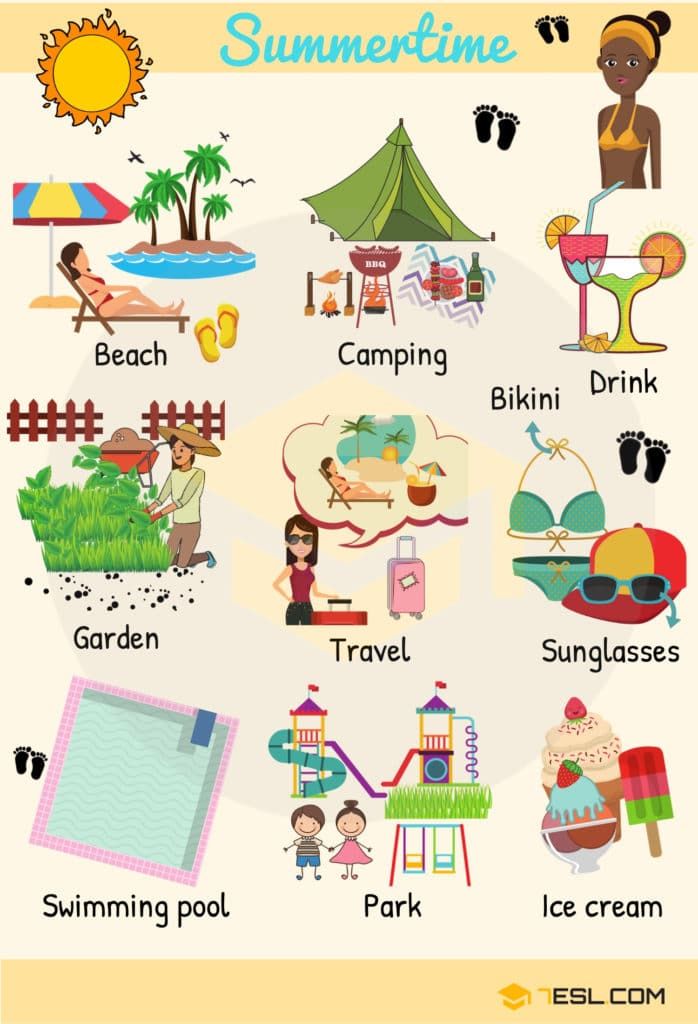
One of the best things about meditation is that it can be done anytime, anywhere. Find a quiet spot away from noise and activity and breathe naturally. Focus on each inhale and exhale, bringing back your attention to your breath every time the mind begins to wander. Dedicate time to the practice daily, starting from two to three minutes and gradually increasing over time.
Knitting
The great thing about knitting is that it doesn't just pass the time, it also rewards enthusiasts with a closet full of warm wools. Once you've gotten the basics down, there are hundreds of different projects you can try, from household items like coasters and blankets to fashion statements like beanies and scarves.
Knitting is also a very relaxing activity that lets you slow down, breathe, and concentrate on one stitch at a time. For people who want to express their creativity, this is one of the hobbies that can easily be picked up without training.
Home Maintenance
Now that you're spending so much of your time at home, why not take some time to make it a better place to live? It's the perfect time to develop the different skills in keeping the house up and running, from unclogging the sink to changing a lightbulb. Don't you want to learn how to repaint a room or repair drywall? Simple tasks like removing stains from the carpet, cleaning dirty pans thoroughly, and making the bed hospitality-style are skills worth knowing as well.
Don't you want to learn how to repaint a room or repair drywall? Simple tasks like removing stains from the carpet, cleaning dirty pans thoroughly, and making the bed hospitality-style are skills worth knowing as well.
Take a walk through your home to see if anything needs sprucing or repair—and learn to do it yourself, whether it's through online classes or calling a friend for advice. There's something empowering about knowing that you're equipped to handle various complications around the house.
Cooking
Another great skill that will make time at home an infinitely more pleasant place for everyone: cooking! Impress the family or guests by learning your way around the kitchen. Hunt down your favorite dishes or family specialties. There are also more comprehensive online classes from the world's most famous chefs for those who prefer more formal training.
Are you a total newbie? Perfect the art of the egg first. There's a lot of ways one can cook an egg—scrambled, fried, hard-boiled, poached—and mastering all is a huge challenge.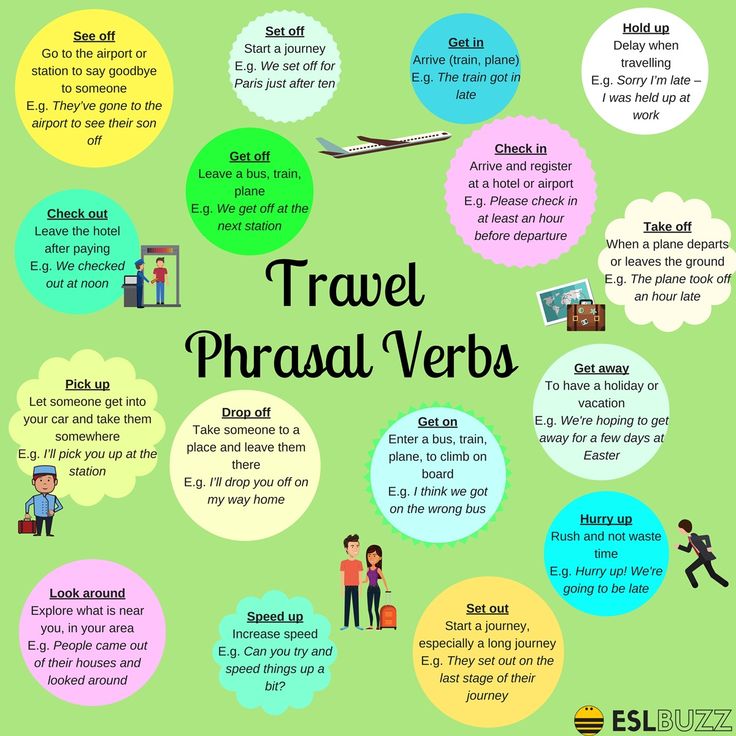 But it also allows you to become more familiar with kitchen tools and more comfortable preparing food at the stovetop.
But it also allows you to become more familiar with kitchen tools and more comfortable preparing food at the stovetop.
Changing A Flat Tire
If you've reached this point in your life without having to change a tire, good for you! A lot of drivers blow a tire and find themselves at a loss to deal with it. If you ever end up with a flat tire and without the luxury of a professional mechanic (or a good Samaritan) nearby, knowing how to do this basic life skill can ensure your safety.
It won't take long; the process is only up to half an hour to complete, so it should only take you a day to learn and practice it safely. Tap your dad or mom to show you how to do it, or watch an online video before trying it on your own. Other tire-related skills that can come in handy are checking the air pressure of a tire and inflating a tire.
Personal Finance
Not everyone knows how to manage their money well, but everyone should. Unfortunately, it's common to see people fall into bankruptcy after a single emergency or struggle for years trying to pay off a loan. Developing personal financial skills is essential in helping you avoid these pitfalls. This includes budgeting, banking, investing, retirement planning, and many more.
Developing personal financial skills is essential in helping you avoid these pitfalls. This includes budgeting, banking, investing, retirement planning, and many more.
Personal finance is basically managing your money in order to meet your financial goals responsibly, from paying monthly bills and debts to making investments. It also takes into account financial risks, unexpected expenditures, and future events. There are many ways to learn about personal finance, including reaching out to a financial consultant or looking for online classes focused on personal finance. Surprisingly, planning for your future and mapping out goals are more exciting than most people think!
What better way to spend your money than learning new skills, right? Get a free language assessment with Fluent City and enroll in a fun group language class from the comfort of your own home!
We may earn a commission from links on this page, but we only recommend products we back. Newsweek AMPLIFY participates in various affiliate marketing programs, which means we may get paid commissions on editorially chosen products purchased through our links to retailer sites.
Studying in the summer: pros and cons
Many parents often insist that their child simply needs to continue studying in the summer. Some hope to pull up those items that are "lame" in the child. Others, in the hope of excellent studies, go through the next year's program in the summer.
Why?
Indeed. Why waste precious summer weeks on classes? Often, children perceive such a need with hostility - still, this is their legal vacation, and many schoolchildren want to live for three months for their own pleasure.
Students who do not have academic problems may not need regular summer classes. It is enough to confine oneself to reading books according to the program of the next year of study - and from September the child will be ready to take new school heights. But for the guys whose school success leaves much to be desired, it would be good to eliminate gaps in knowledge.
In order for summer classes to benefit the child, it is first of all important for parents to understand what exactly causes the student to fall behind.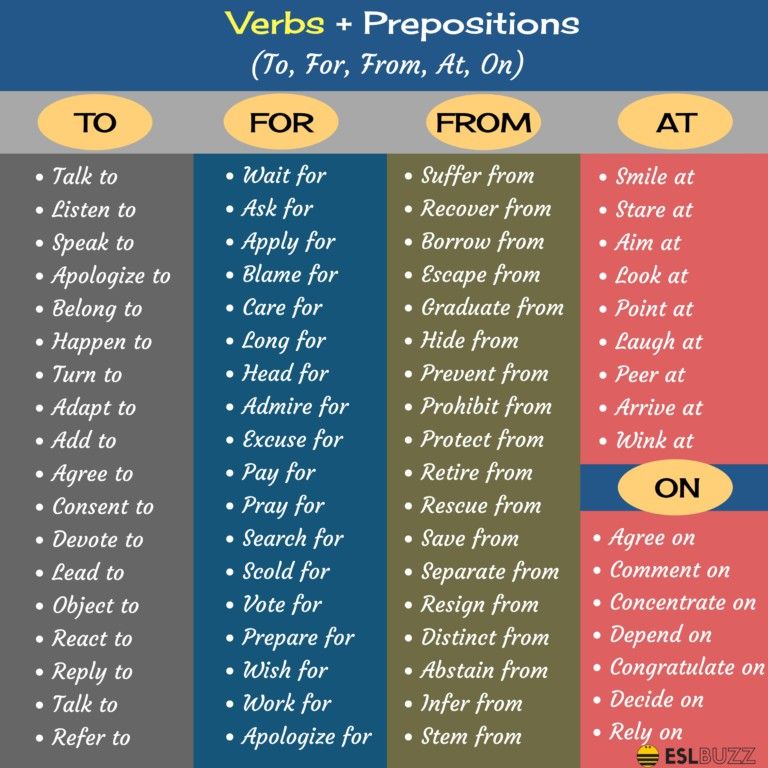 The reasons can vary, from physiological difficulties (poor memory, dyslexia, any trauma that interferes with successful studies) to psychological problems, such as conflicts with classmates and teachers.
The reasons can vary, from physiological difficulties (poor memory, dyslexia, any trauma that interferes with successful studies) to psychological problems, such as conflicts with classmates and teachers.
Having understood the situation, parents can remove obstacles to their child's education so that nothing will distract their son or daughter from school in the future.
Benefits
The most obvious benefit of a relaxed summer study is that the child will not only catch up and review the material covered during the year, but will also be able to prepare for the coming school year by becoming familiar with the main topics that will be covered in the next nine months.
It is not necessary (and even harmful) to undertake studies thoroughly. Summer should remain summer, so it's good if the student's vacation education takes no more than one or two hours a day. Perhaps the student is doing an excellent job with the Russian language, but his math is lame - then practicing mental counting or repeating the multiplication table will definitely bear fruit. Such exercises take no more than fifteen minutes daily, but their regularity often guarantees a good result.
Such exercises take no more than fifteen minutes daily, but their regularity often guarantees a good result.
A similar approach can be applied to other school disciplines. A short exercise in Russian or a short sentence analysis in a notebook will allow you to keep your writing skills. And daily memorization of 3-5 words of English by the end of August will significantly increase the student's vocabulary. Lessons in biology, the world around us, physics, history can be made much brighter and more diverse - the Internet is replete with a variety of scientific channels, which means that a child can watch entertaining videos every day, not only replenishing knowledge, but also reinforcing previously learned information.
Of course, you should not neglect reading. In the digital age, many children (and even adults) do not realize the value and usefulness of this activity, believing that it takes time that could be spent on other things. In practice, it often turns out that the hours and minutes “saved” in this way are spent watching the feed on social networks or “hanging out” in front of the TV.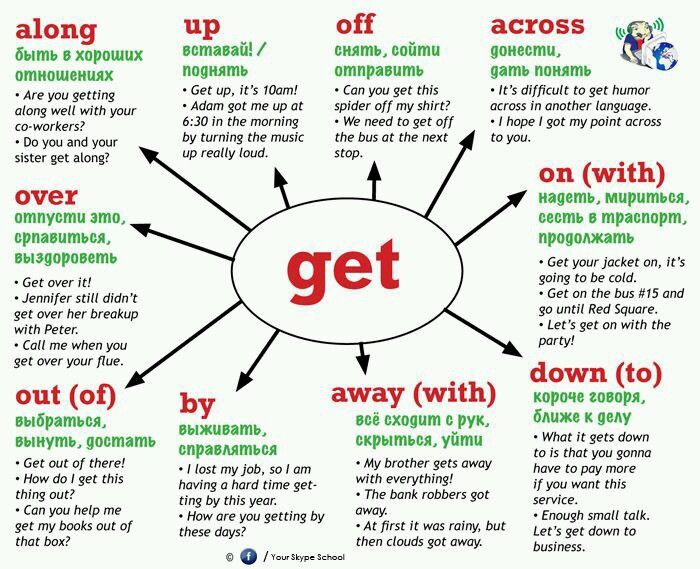
Much has already been said about the importance of devoting time to books. This is an acquaintance with the classics of literature, and broadening one's horizons, and the opportunity to immerse oneself in the world of a particular historical era or a particular social stratum. Many children resolutely refuse books, refusing a simple "I don't need it." Need to! If a child subconsciously requires motivation for any effort (and reading implies a thought process - work for the brain), it is worth giving him this motivation. The argument “Then you will have to read less” will certainly work. And daily reading, at least fifteen to twenty minutes a day, will bring positive results. Let it be imperceptible to the student himself.
Short repetition lessons in mathematics and / or Russian, a little attention to English, daily reading - if parents manage to competently approach the educational process in the summer - they will bring a lot of benefits to the student and will allow them to prepare for the new school year without much effort, so that they can succeed in the future learn and keep up with the program.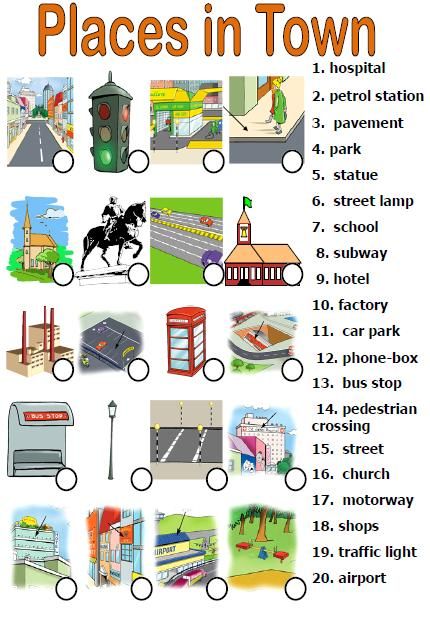
Harm
Can there be disadvantages to studying in the summer? They can. Sometimes parents, intending to organize their child's studies, completely forget that it's holidays, and the child, tired after nine months of intensive work, needs a simple rest.
Many fathers and mothers live according to the principle “the child must always be busy” and sincerely perceive the two-hour lying of their son or daughter on the couch as laziness and idleness, forgetting that any person, even such a small one, sometimes needs a little time for himself : to dream, to think, to know ourselves and to reflect on who they are and what place they occupy in this world.
There is nothing wrong with trying to keep a child busy during the holidays. But often adults, drawing up a plan for schoolchildren in the summer, go too far, trying to embrace the immensity. And now, to the unloved Russian, two math problems, a paragraph on history, a small dialogue in English and an obligatory hour of playing the piano are added, “so as not to lose the skill.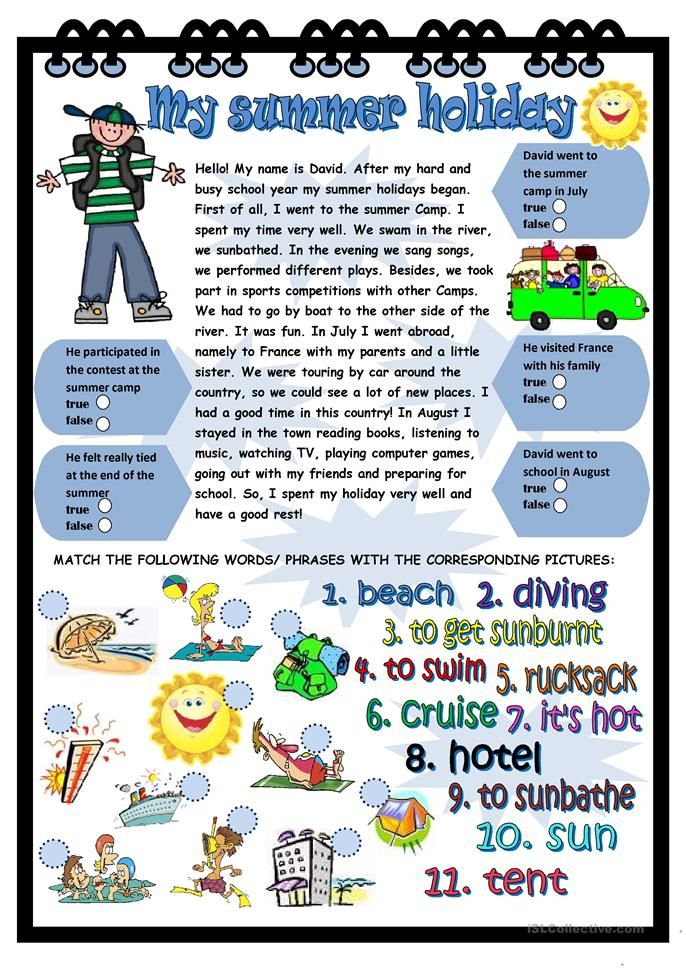 ” Given the speed of the student's independent work, such a preparation plan for September can turn into a daily five-hour work. And in contrast - the beautiful weather and yard friends, whom parents do not load like that. As a result, we will get a tired, embittered child, who, quite possibly, will show brilliant results in the upcoming school year, but as a bonus will acquire a persistent aversion to learning and, probably, a nervous breakdown.
” Given the speed of the student's independent work, such a preparation plan for September can turn into a daily five-hour work. And in contrast - the beautiful weather and yard friends, whom parents do not load like that. As a result, we will get a tired, embittered child, who, quite possibly, will show brilliant results in the upcoming school year, but as a bonus will acquire a persistent aversion to learning and, probably, a nervous breakdown.
The key point here is that a little practice in the summer will not hurt, but quite the contrary. But do not turn study into an end in itself, otherwise negative results will not keep you waiting.
Advice to parents
On the eve of summer holidays, parents ask themselves the question: how to organize summer classes for their child so that the student does not get tired and at the same time improves his knowledge a little? Here are some tips:
Don't force it. If a child is categorically against going to school in the summer, he should not be forced.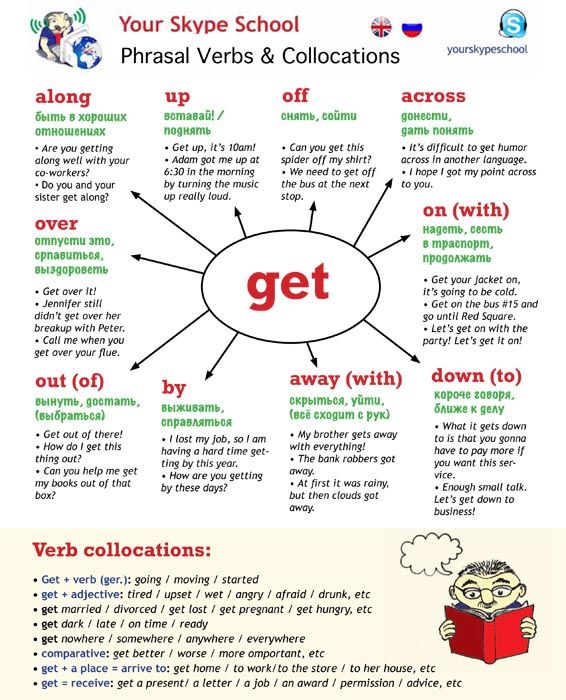 This is summer vacation, a well-deserved rest for a schoolboy. But the reasons for this reluctance are still worth knowing. Perhaps in the yard the guys are building a military base or playing volleyball. Believe me, three hours in the fresh air will strengthen the physical and emotional health of the child. And school can be postponed for those weeks when friends go to grandmothers and camps - or for rainy days. But if the child intended to spend useful time on the Internet, it is worth prioritizing, since the harm from sitting at the computer will be much greater than from books and notebooks.
This is summer vacation, a well-deserved rest for a schoolboy. But the reasons for this reluctance are still worth knowing. Perhaps in the yard the guys are building a military base or playing volleyball. Believe me, three hours in the fresh air will strengthen the physical and emotional health of the child. And school can be postponed for those weeks when friends go to grandmothers and camps - or for rainy days. But if the child intended to spend useful time on the Internet, it is worth prioritizing, since the harm from sitting at the computer will be much greater than from books and notebooks.
Get involved. It's not very interesting to sit alone and do math while mom watches a series. Live interaction will not only make classes more interesting, but will also help to adjust the presentation of the material and the summer plan - after all, mom or dad will be directly involved in the learning process. Another advantage is the opportunity to spend time together for scientific experiments or lessons on the world around us in nature.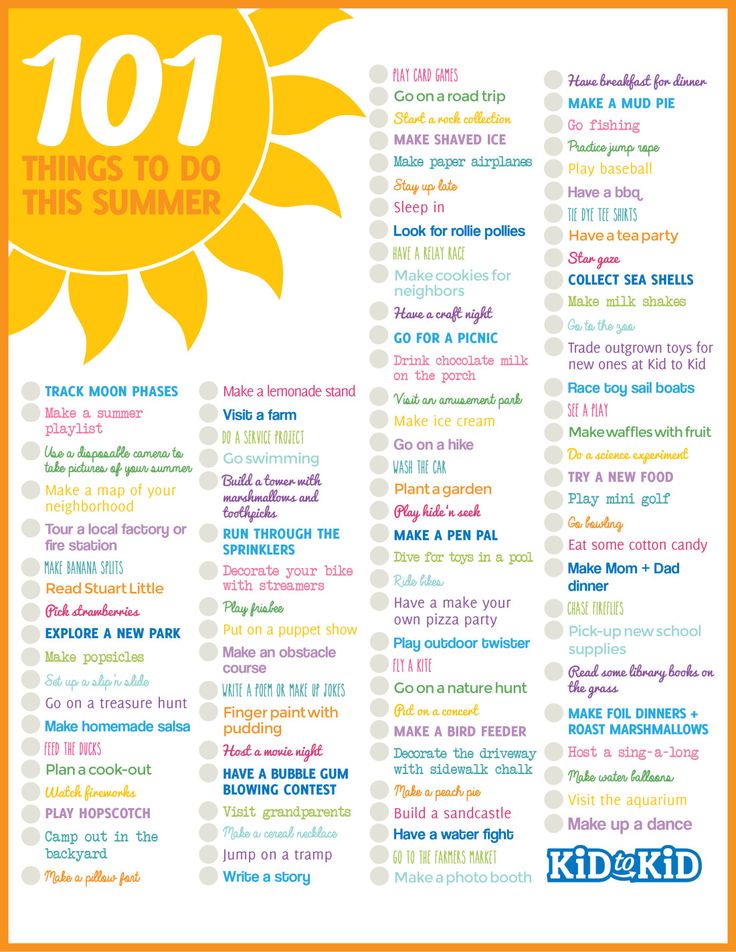 It brings the family together very well.
It brings the family together very well.
Combine rest time and practice time. Let the child have more outdoor games, spending time with friends and favorite hobbies. This is summer, and it should be full of positive emotions. Then study will be perceived as an easy labor part of the holidays.
Do not pass it on to others. If a schoolboy goes to his grandmother in the village for the whole summer, do not force her to supervise the classes. Believe me, she has something to do besides checking her grandson's notebooks. Since there is an urgent need for summer classes, control this process yourself.
Strive for regularity. Let it be half an hour a day - but every day and at the same time. There is no need to talk about the benefits of the regime (especially for younger students).
Whether or not to study with a child during the holidays is a very individual question. Parents should decide, as far as necessary, and write out a lesson plan.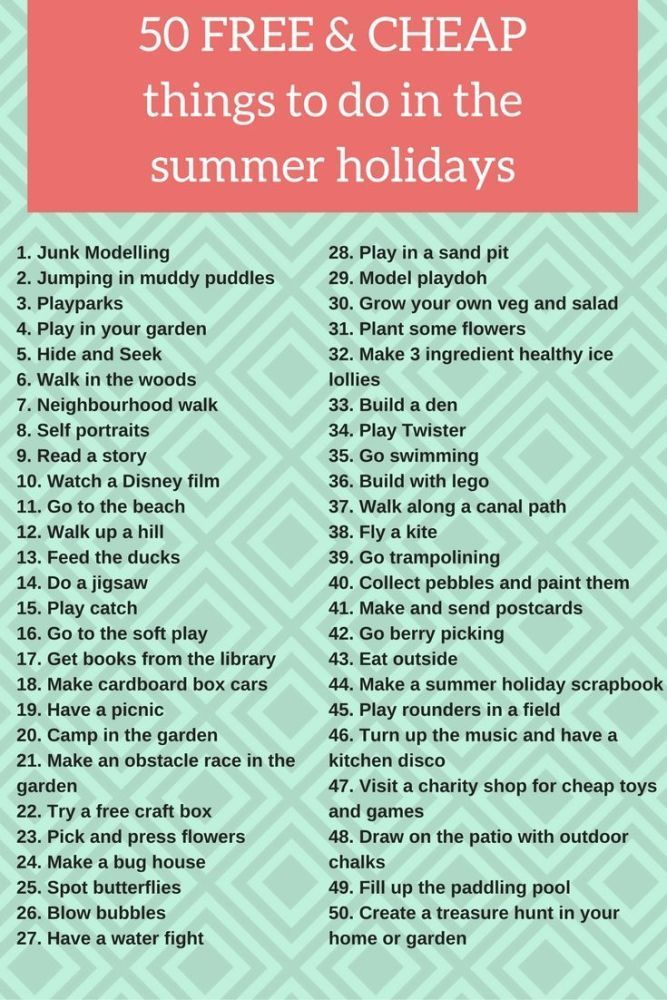 The main thing is not to overdo it. Let there be more rest in the summer. The regularity of very small lessons is much more useful than spontaneously monumental classes, sometimes taking several hours.
The main thing is not to overdo it. Let there be more rest in the summer. The regularity of very small lessons is much more useful than spontaneously monumental classes, sometimes taking several hours.
It happens that there is no opportunity to work out in the summer, although it seems that this is necessary. You shouldn't get upset. A pleasantly spent summer, rich in childhood experiences, will certainly benefit without memorizing foreign words or solving daily geometry problems. Happy memories of a fun summer vacation will stay with your child for life.
Participate in Olympiads and competitions of the Country and get printed diplomas, diplomas and valuable prizes!
The main purpose of the Olympiad is to identify students who have the widest knowledge in the field of a particular subject of the program ...
The main goal of the competition is to expand historical knowledge and ideas about the Great Patriotic War
Is it worth studying during the holidays: how not to forget the program for the summer
<
online camp at Foxford: here are hobbies, and training, and cool mentors, and new friends.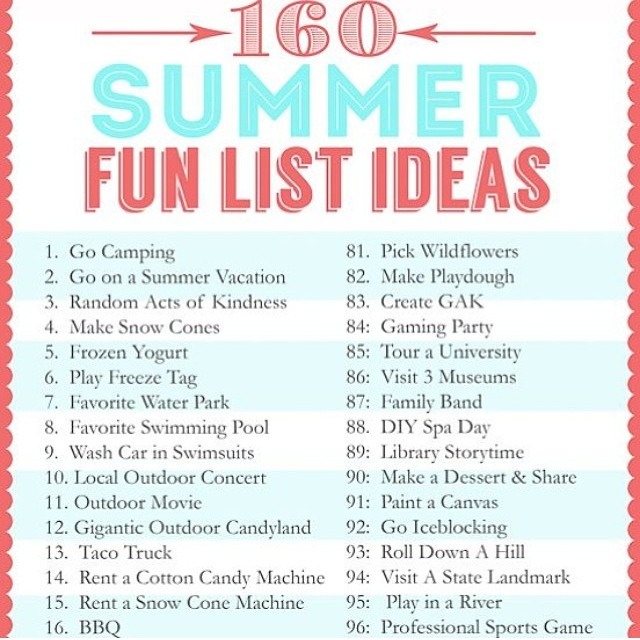 Turn on!
Turn on!
And in the material - we figure out how to fit all, all plans in three short summer months.
Set goals and achieve them during the summer holidays
😁 Become the best version of yourself
Putting things off for the summer is natural. On long holidays, there is more time that can be devoted to useful activities: resume sports training, improve English, clear the rubble in the room, tighten up school subjects and start eating right.
📚 Do not forget school subjects
Schoolchildren who relax for two or three months forget what they have done during the school year. These "losses" can be estimated in a whole month of school hours. Therefore, even in the summer you need to study: to repeat the program a little bit and develop in new directions.
🌴 Get the most out of your holiday
Paradoxically, classes help you feel like you're on vacation. People who have accomplished what they planned during the rest period are more satisfied when they return to school or work.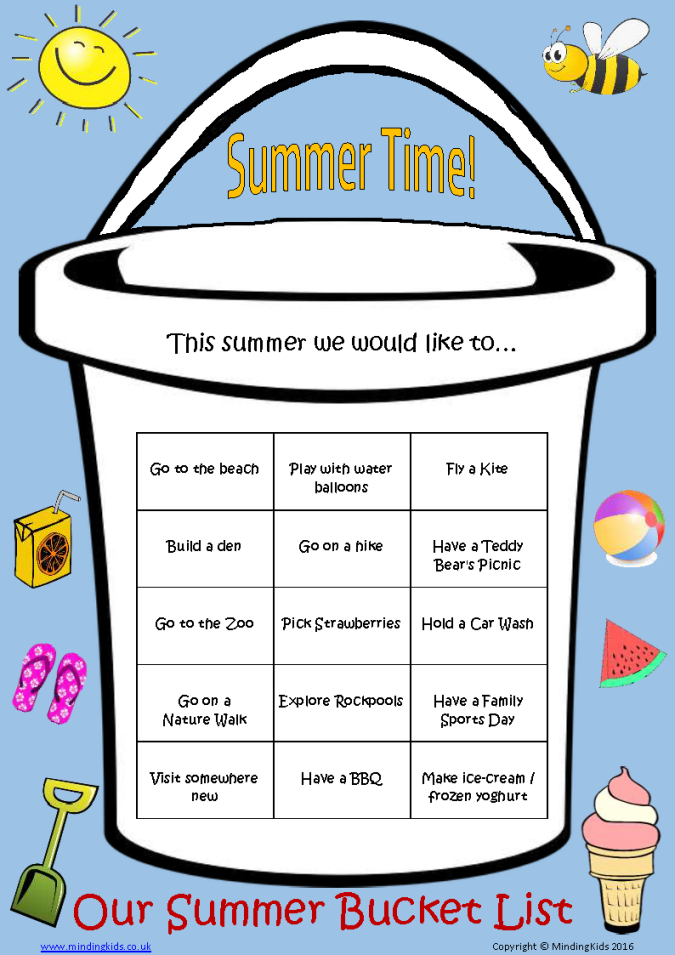 This applies to both entertainment and work.
This applies to both entertainment and work.
The number and scale of goals set does not matter. The more unrealized fantasies about the summer remain with the student, the more unhappy he will feel on September 1st.
What to prepare for
Summer classes are different from school. Consider how a change of environment can interfere with the achievement of goals and how to deal with obstacles.
Motivation
The teacher tells what to study, how to study and on what material to practice skills. He also checks and evaluates the work - monitors progress and gives feedback. To independently set learning objectives, determine the amount of work during the holidays and the criteria for success, you need to make special efforts.
It is easier to do routine work in the classroom, because everyone around is doing the same, and competition, games and discussions motivate to achieve results. With self-study, it is much easier to get distracted by social networks or postpone studies until tomorrow.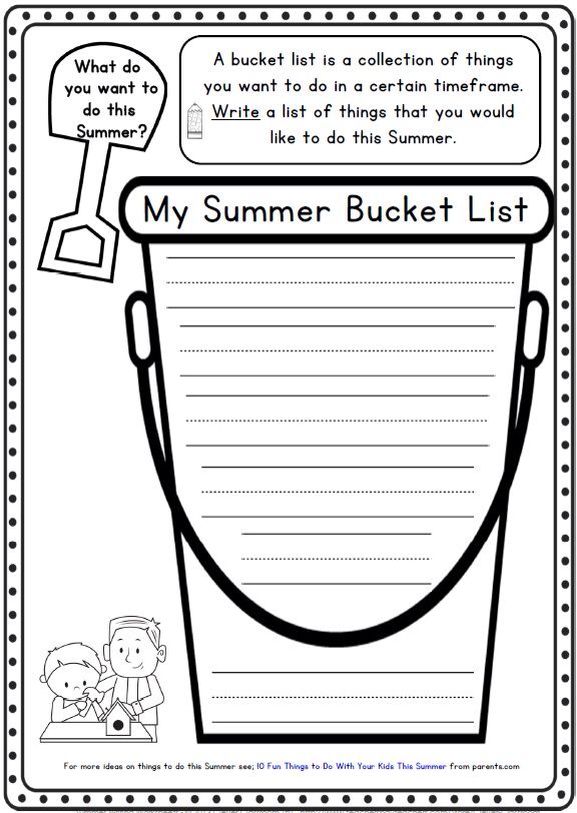
When there are no external goals in the form of good marks in the journal, you need to come up with your own. The main thing is to understand why to study, what good will come out of studying in the summer. It is worth taking some time to do this and make a list of activities and benefits from them. It may turn out that some goals are not worth the effort, and it’s not worth making up for missed topics in chemistry or downloading the press.
The goal should be specific and achievable: not “learn geography a year ahead”, but “read the first section of the textbook and make an outline of each topic”. Or analyze the topic “Derivatives of Functions” and solve 20 tasks, learn 50 irregular English verbs. Even if the teacher is not around, you can choose a video course that is suitable for the duration and topics and follow it.
Regularity and cooperation
During the school year, the student's routine is subject to a certain rhythm.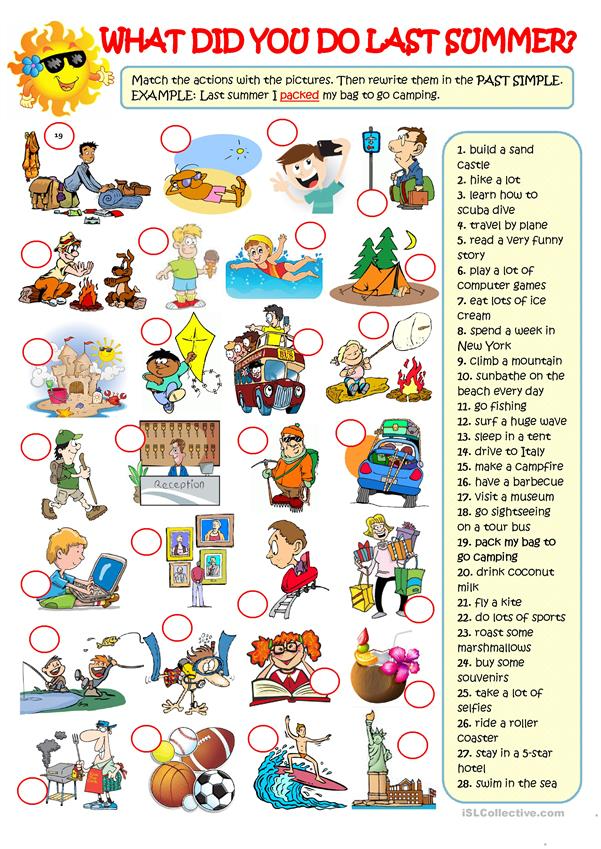 Students get up at the same time and study according to the weekly schedule.
Students get up at the same time and study according to the weekly schedule.
In summer, many people relax and neglect their daily routine. Since there is no good reason to get up on an alarm clock, you can’t force yourself to wake up to study.
To practice regularly and without gaps, you should find at least one like-minded person. Missing a class when a friend is waiting for you is harder than just letting yourself sit back for a day or two. In addition, joint classes and training help to achieve results faster, because together it is easier to sort out complex tasks and stick to the plan.
Even if classmates have left and friends are not eager to study in the summer, there is a way out. You can find purposeful guys through social networks or in an online camp! Classes in a group are usually more regular, more fun and productive than in solitude. In the Foxford camp, for example, you can find new friends and cool shift mentors, take webinars on your interests: study English, programming, creativity, or learn to think like a scientist.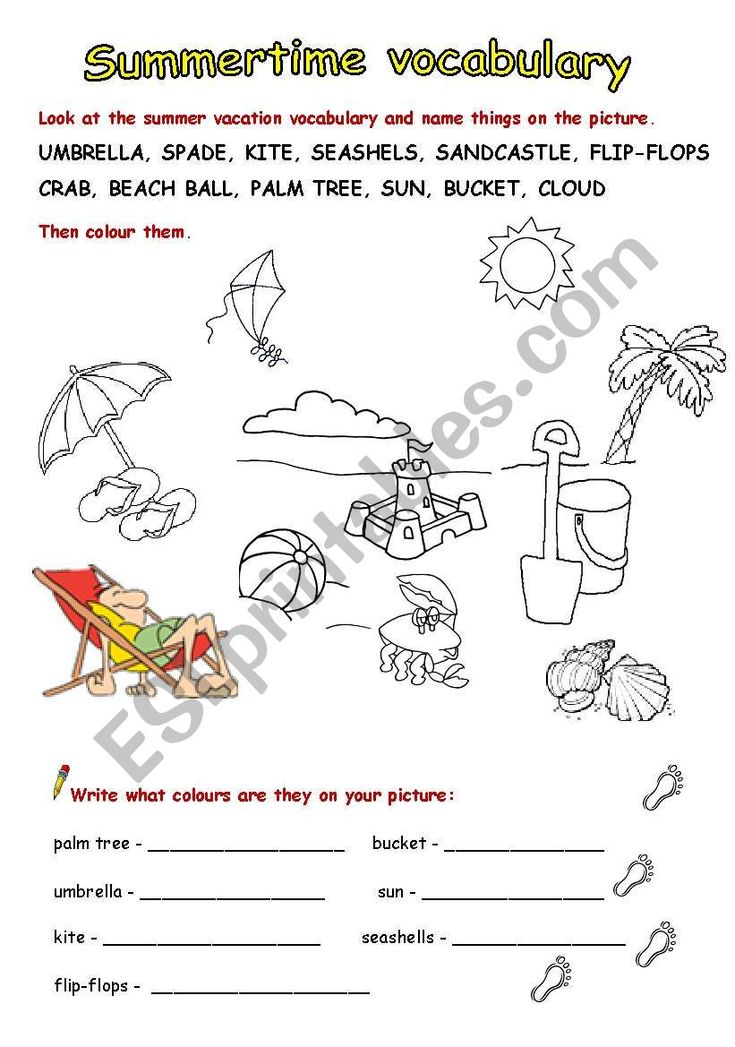
-
Knut and gingerbread
Good grades, diplomas and certificates play the role of gingerbread during the school year. Rewarding yourself for working during the holidays is necessary, but it is better to do it on the basis of modern scientific facts about the brain and motivation. For each completed task, you need to assign a small prize: walk to the ice cream store, watch an episode of the series, read 30 pages of your favorite book or watch a video on social networks (the main thing is not to get carried away for too long).
-
For absenteeism and insufficient diligence in the classroom, the student will receive lower scores and perform worse in exams. If you refuse to study during the summer holidays, nothing terrible will happen. The bitterness of regret for lost time is easily forgotten.
It is problematic to punish yourself for lack of diligence — it requires willpower. For shirking, lonely schoolchildren deprive themselves of goodies or refuse social networks for a day. In the group, rewards and penalties are more diverse.
In the group, rewards and penalties are more diverse.
One of the ways to motivate yourself in both individual and group work is visualization. You can check the boxes next to the completed tasks in the list, paint over the segments of the diagram in proportion to the amount of work done, or move the chip on the playing field as you solve the tasks. Big work should be broken down into several tasks that can be completed within one to two hours. When a person sees his progress, it serves as an encouragement for the brain and reinforces the desire to learn more. Neurologist and educator Judy Willis says that setting yourself goals is “difficult but achievable.” After all, simple tasks are boring to perform, and you don’t even want to take on impossible ones.
How to start summer classes
Image: studiokat / Dribbble every day, but in small steps. By analyzing one task every couple of days, in a month you will be able to complete the test completely.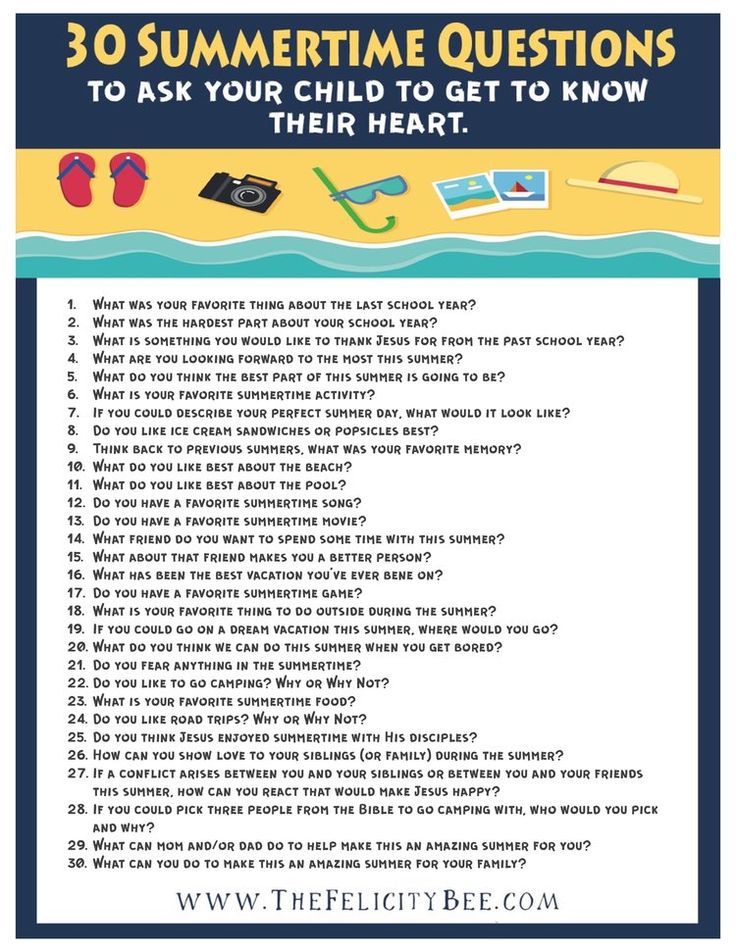 There will be a couple of weeks left until autumn to solve four of the five planned options and even try to write essays.
There will be a couple of weeks left until autumn to solve four of the five planned options and even try to write essays.
If today a student can run 2300 m, then he should start from this distance and add no more than 10% of the distance to each workout. Anyone who runs three times a week will be able to run 10 km by September 1st.
⏱️ How to calculate the daily amount of work
1. Define your knowledge and skills. How many works from the list of references you have already read, how many times you can do push-ups from the floor, how many topics from the OGE in history you know.2. Subtract your current level from your desired level of achievement. For example, out of 69 exam topics, you know zero - this is also a result. You can push up once and a little more, but I would like 10, which means that nine more honest push-ups are not enough.
3. Divide the amount of work needed by the remaining vacation time.
From mid-summer to September 1, seven weeks: 69 exam topics divided by seven weeks - that's about 10 topics per week, that is, you need to study one or two topics every day. With push-ups, it's easier - you need to add only one per week.
4. Assess the scope of the work ahead. Only a real fanatic can do history on vacation every day, so it's worth reconsidering the numbers obtained and making a more realistic calculation.
For example, a future ninth-grader is ready to study one topic per week: read a textbook, work with an atlas, complete the tasks of training KIM OGE on the studied issue. This means that out of 69 topics, he will study seven by the new academic year. Not as much as I would like, but much more than nothing.
Doing one push-up a day for a whole week is too easy, so anyone can reach the goal of 10 push-ups in two counts. In this case, you can change the goal after a couple of weeks or immediately increase the rates to 30 push-ups in seven weeks.
Starting at the Low
If this article isn't enough to get you started with zeal, you should stick to the Chinese philosophy: A journey of a thousand miles begins with one step.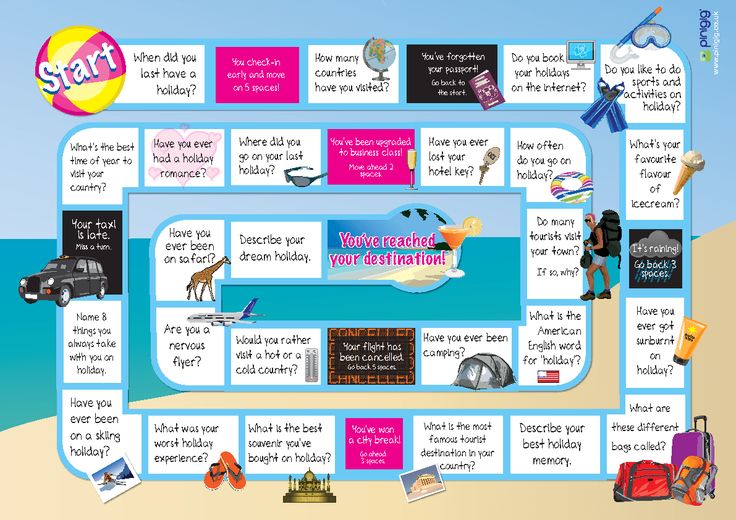 It is necessary to choose the smallest effort that a person is capable of in order to start moving towards the intended goal.
It is necessary to choose the smallest effort that a person is capable of in order to start moving towards the intended goal.
If you are afraid to even think about preparing for the OGE, it is enough on the first day to just download the archive of materials from the FIPI website: demo version, codifier and specification. If it is difficult to run 1 km, you can walk it first. Irregular verbs can be found and printed - already something! If every day to do at least a little, in a week the situation will change significantly.
Is it worth studying in the summer
Let's summarize the pros and cons of studying during the holidays and see if it is possible to study in the summer. Here is a short summary of the main points:
- There are three reasons for doing summer: self-development, maintaining the level of knowledge, satisfaction from useful deeds and the results of one's own efforts.
- Encouraging yourself to study during the holidays is difficult for a number of reasons, but there is a way out.
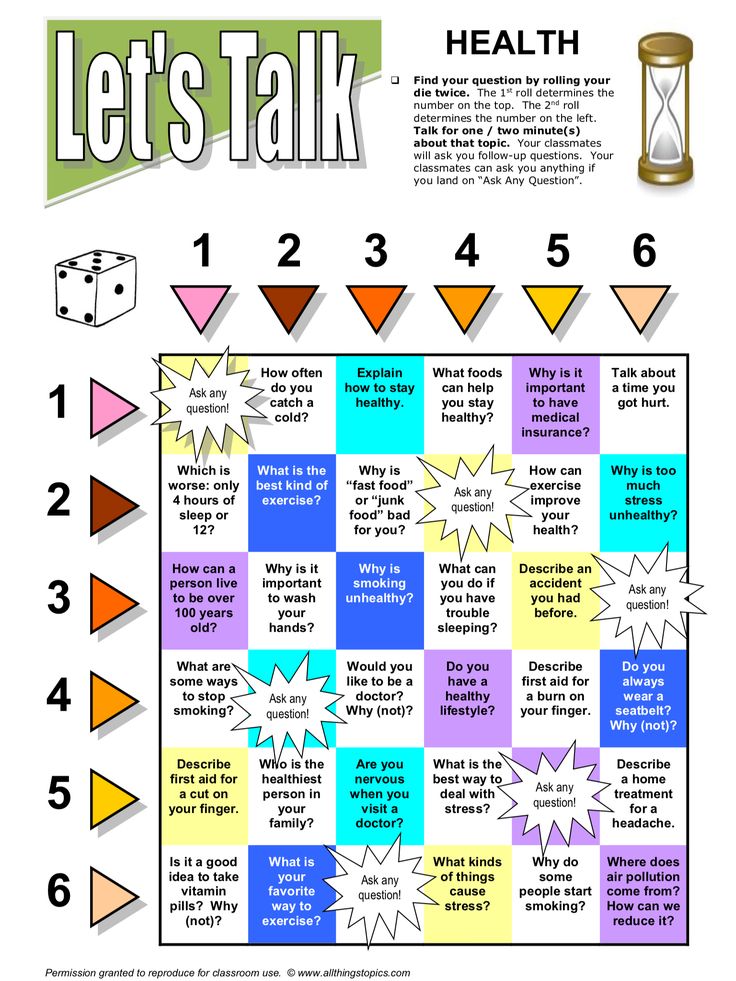
Learn more

